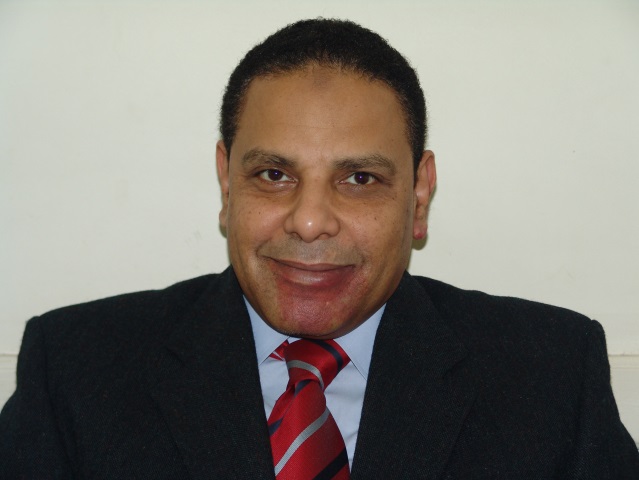Interviewed for the report, bestselling Arab novelist Alaa Al Aswany says “we have a big hole in our copyright system, not just in Egypt but across the Arab world. Writing is a tough, hard profession, and the real danger is that in the absence of proper copyright protection, people will simply stop writing. And everyone will lose as a result.”
Nigerian publisher Otunba Lawal-Solarin says that in his country “the whole intellectual property sphere is dominated by pervasive piracy. Court sentences for copyright infringement are typically a $25 fine. It is devastating the publishing industry.”
Ana Maria Cabanellas, an Argentinian publisher, says that in Latin America “a big problem is that pirated books are sold in bookshops. Their good quality makes it difficult or impossible to distinguish them from legal copies.”
IPA Secretary General Jens Bammel said “it is a tragedy that because of piracy, very few African writers can support themselves from royalties. Their livelihoods depend on their success abroad. This in turn distorts African literature. Whereas the reality of the African experience is now urban, the Western taste for lions-and-savannah influences which author is successful.”
“Throughout history, copyright has served as an incentive for human ingenuity by turning creativity into an industry, providing authors with advances that enable them to invest their time into writing. We have published this report to highlight the tensions created within the creative economy, and within wider society, whenever copyright is vulnerable.”
The report is available to read here.

